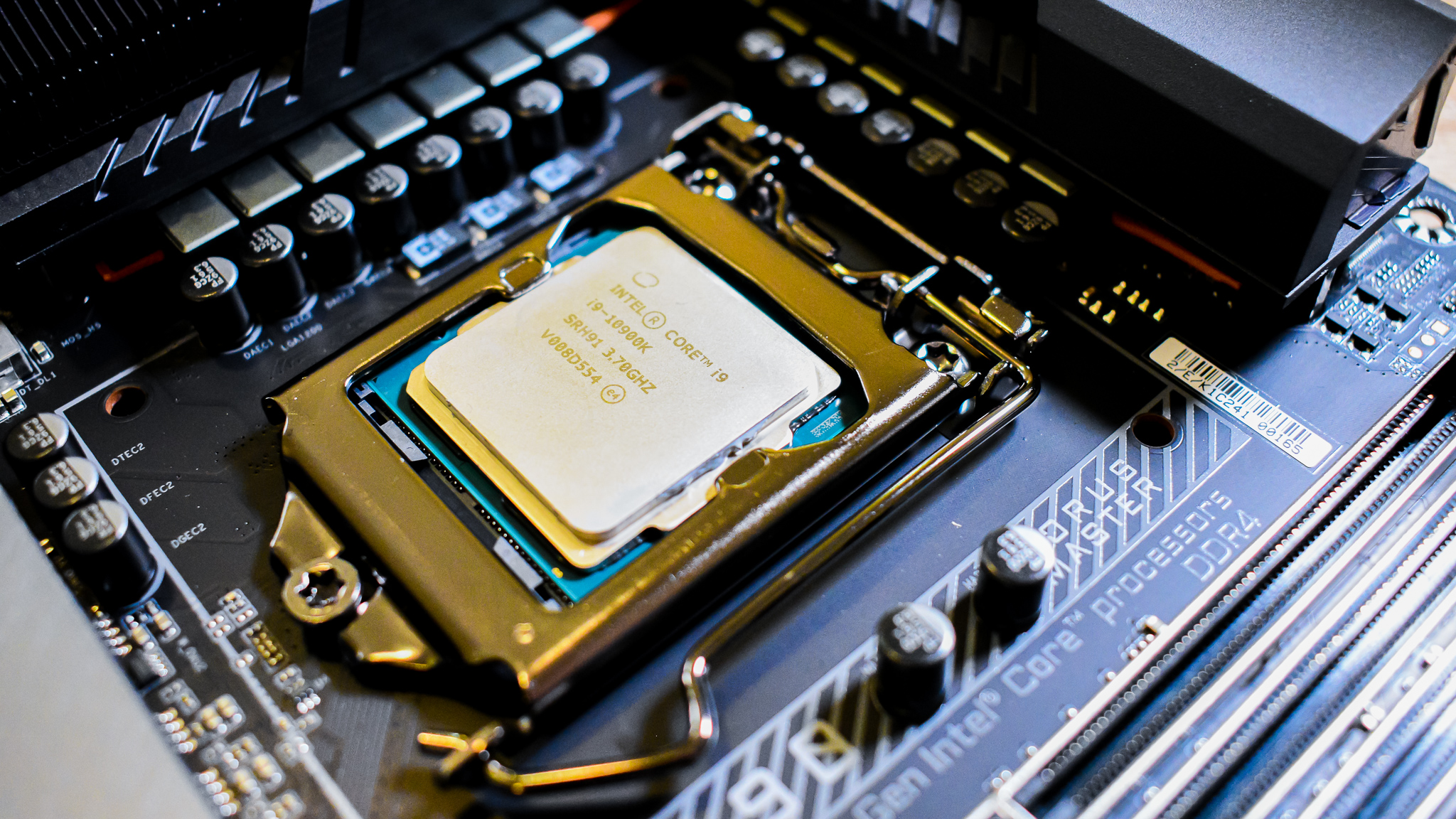Intel’s Raptor Lake with 24-core CPU could take on AMD Zen 4 in 2022
24-core chip would be 8 full-power and16 low-power cores

Intel’s purported plans for next-gen Alder Lake processors, and the Raptor Lake chips which are rumored to follow as the 13th-gen with a possible 24-core flagship – have been spilled in a major leak.
As ever, treat this info dump from Moore’s Law is Dead (flagged by VideoCardz) with a good amount of caution, but this YouTuber has been on the money with Intel matters in the past, and seems to get pretty regular updates from his inside sources.
- Here are the best gaming PCs
- We’ve picked out all the best processors
- And check out the best motherboards
Let’s start with Alder Lake, with these processors expected to be launched around Halloween, with a possible initial reveal on October 25, and desktop ‘K’ series CPUs will supposedly be first out of the gate (with mobile chips to follow in 2022).
We’ve heard this before, of course, as well as claims of a 20% performance increase for single-threaded tasks and up to double the multi-threaded performance (with better power-efficiency too) compared to Rocket Lake.
Moore’s Law further asserts that the flagship Alder Lake desktop processor will have eight full-power (Golden Cove) cores alongside 8ight power-efficient (Gracemont) cores (known as 8+8), and a second configuration will offer a straight six full-power cores with no low-power ones (6+0).
Needless to say, there will be other variants of CPUs within these broad configurations, and it’s the Core i9 that Moore’s Law expects to be 8+8 cores, with the Core i7 weighing in at 8+4, and the Core i5 processors perhaps being 6+4 (the leaker is less sure about the latter).
The laptop chips will run with two main configurations of a beefier 6 full-power and 8 low-power cores or 6+8, along with 2+8 chips (obviously that greater reliance on the power-efficient cores is what’s needed to effectively tackle battery longevity).
Get daily insight, inspiration and deals in your inbox
Sign up for breaking news, reviews, opinion, top tech deals, and more.
Those mobile chips will be the ‘H’ and ‘U’ models respectively, but there’ll also be the ‘HX’ range for the top-end, offering desktop levels of performance with an unlocked 8+8 configuration and TDPs from 45W to 65W. In short, Intel is intending to make a big play in the heavyweight gaming laptop territory.
Don’t forget, we also recently heard that Alder Lake could arrive with a push from Intel to use revamped power supplies.
Raptor chapter
Raptor Lake will theoretically be the successor to Alder Lake, and as we’ve heard before, it’s set to be a simple refresh of the 12th-gen chips – although Moore’s Law reckons it could pep things up more than the rumor mill has previously suggested.
The YouTuber predicts that Raptor Lake will switch its high-power core from Golden Cove (Alder Lake) to Raptor Cove, and this will usher in some solid IPC (Instructions per Clock) gains. Raptor Lake will stick with Gracemont low-power cores, but use more of them, with the 13th-gen flagship forecast to run with 8 high-power cores, but 16 low-power ones for a total of 24-cores.
Moore’s Law observes that this doubling of the ‘little’ Gracemont cores is in pursuit of much better multi-threading performance. Raptor Lake is targeting an end of 2022 release, the leaker asserts, and this could put it head-to-head with Zen 4 processors from AMD which are also rumored to emerge late next year.
Seeing as speculation quite firmly suggests there won’t now be a Zen 3+ refresh, that would leave a major gap between current Ryzen 5000 (Zen 3) chips and Zen 4. So the thinking is that AMD may push out revamped Ryzen 5000 XT models at the start of 2022 to go up against Alder Lake, and it’d make sense that these would use the innovative 3D Chiplet tech that AMD surprised us with at Computex.
- Check out the best PC components for your rig
Darren is a freelancer writing news and features for TechRadar (and occasionally T3) across a broad range of computing topics including CPUs, GPUs, various other hardware, VPNs, antivirus and more. He has written about tech for the best part of three decades, and writes books in his spare time (his debut novel - 'I Know What You Did Last Supper' - was published by Hachette UK in 2013).